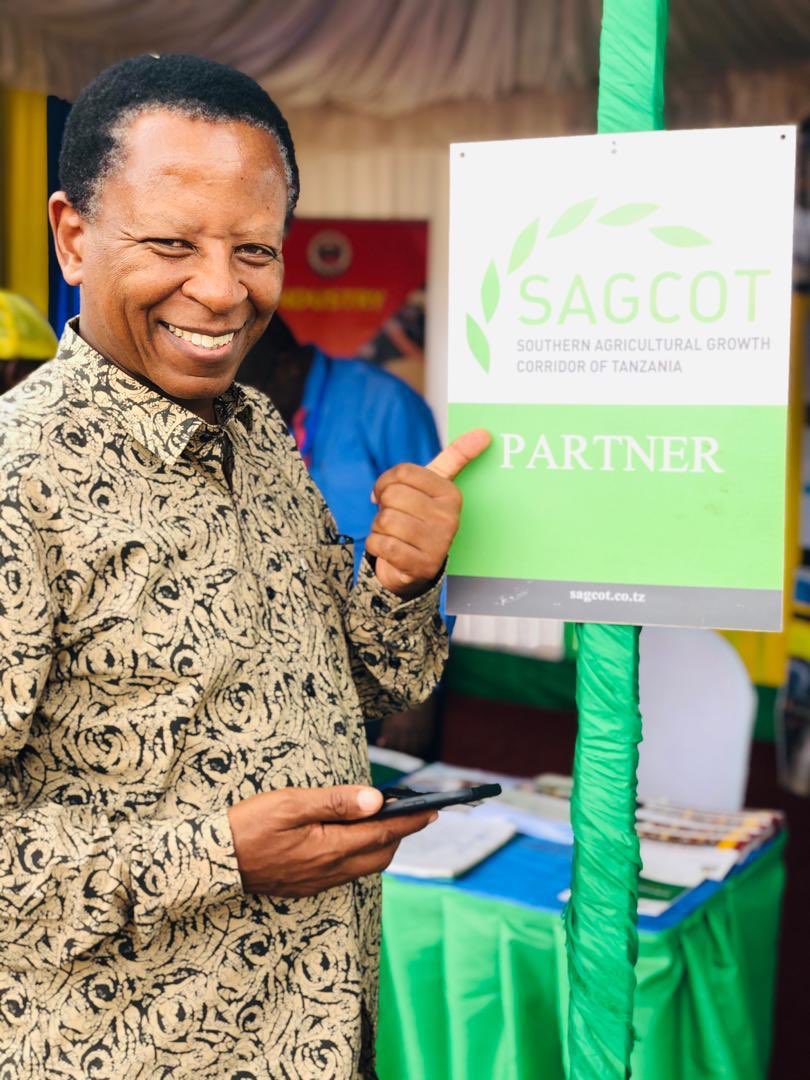Tanzanian tea, renowned for its sweetness, plays a pivotal role in the country’s agricultural economy, particularly in the Southern Highlands. This region, encompassing the Mufindi, Njombe, and Rungwe districts, is the heartland of Tanzania’s tea production, largely contributed by smallholder farmers. The Southern Agricultural Growth Corridor of Tanzania (SAGCOT), a significant public-private partnership initiated in 2010, aims to transform this traditional crop into a more productive, profitable, and sustainable sector.
SAGCOT, launched at the World Economic Forum Africa Summit in Dar es Salaam, is a 20-year initiative focusing on boosting agricultural productivity, improving food security, reducing poverty, and ensuring environmental sustainability. This is achieved by commercializing smallholder agriculture and encouraging responsible private sector-led development in the agricultural sector.
Notable Contributions of SAGCOT in the Tea Industry:
- Partnership with Unilever Tea: Through SAGCOT’s facilitation, an MoU between the Government of Tanzania and Unilever Tea was established, focusing on job creation, farm development, and the construction of the Kabambe Tea Factory in the Njombe Region.
- Formation of the Tea Strategic Partnership: SAGCOT successfully convened key stakeholders in the tea industry to form a partnership that addresses industry concerns, fosters a unified vision, and promotes sustainable development.
- Support for Tea Growers’ Cooperatives: In the Njombe Region, SAGCOT has been instrumental in establishing and supporting tea growers’ cooperatives, enhancing local tea production.
Empowerment of Local Farmers:
SAGCOT’s initiatives have empowered local farmers by linking them with vital resources such as extension services, farm inputs, logistical support, and marketing opportunities provided by entities like the Sustainable Trade Initiative (IDH) and Unilever Chai Project in collaboration with Njombe Outgrowers Service Company (NOSC). This collaboration has led to better pricing and improved quality of the green leaf tea.
Core Goals and Collaborative Partnerships:
The main objective of SAGCOT’s Tea Strategic Partnership is to make the tea sub-sector more competitive and sustainable. Partners in this endeavor include the Unilever Chai Project, NOSC, IDH, the Tanzania Tea Board, The Wood Foundation, Tea Association of Tanzania, Tanzania Smallholder Tea Development Agency, the Tea Research Institute, and various cooperatives.
Ongoing Challenges and Focus Areas:
Despite the progress, the sector faces challenges like:
- Productivity Disparities: Smallholder tea farms have lower productivity compared to larger estates.
- Dependence on Rain-fed Agriculture: This method is less efficient than irrigated farming.
- Infrastructure Limitations: Inadequate infrastructure, especially roads, hampers tea transportation and quality maintenance.
- Density of Plantation: Increasing the plant population in tea farms is crucial for optimum yield.
- Stakeholder Conflicts: Harmonious collaboration is essential for industry stability.
- Competitive Pricing and Quality: Enhancing the quality of tea is key to improving market prices and competitiveness.
- Extension Services: Expanding these services will further support tea farmers.
While SAGCOT has significantly enhanced Tanzania’s tea sector, persistent challenges call for ongoing efforts to further develop infrastructure, improve farming practices, and strengthen the sustainability of the industry.
